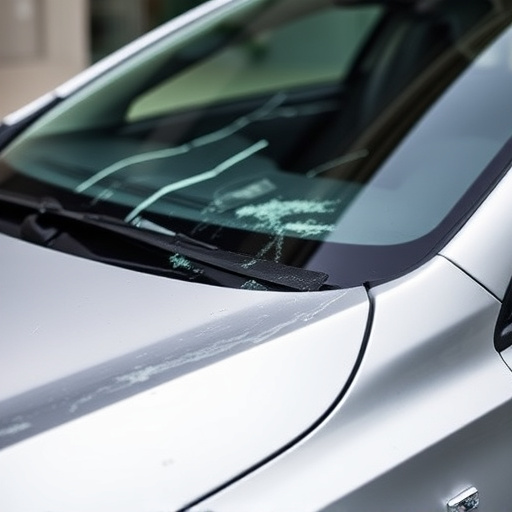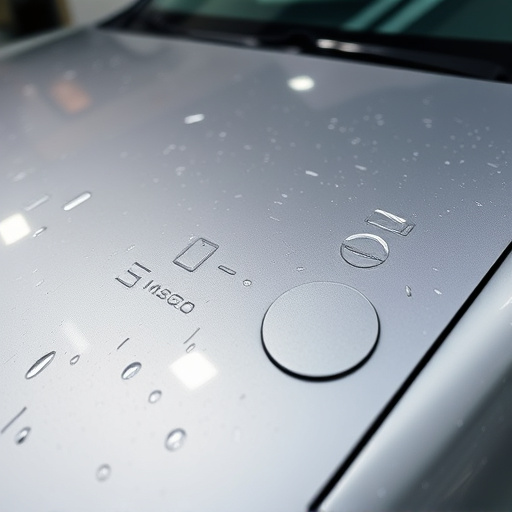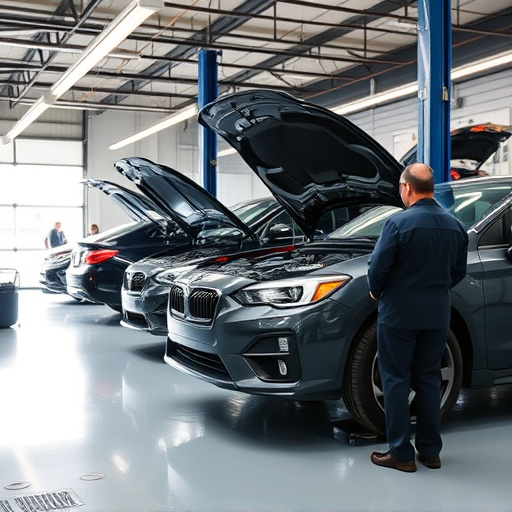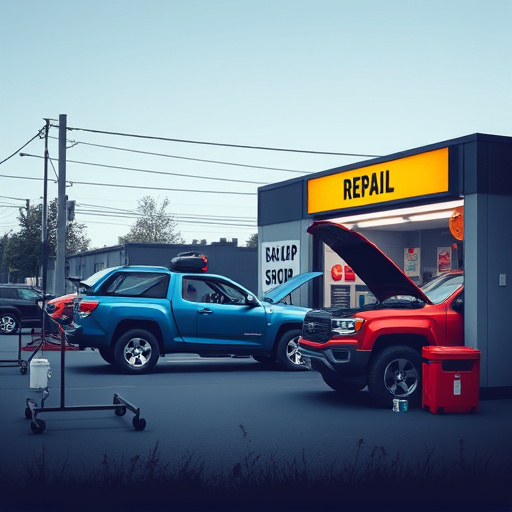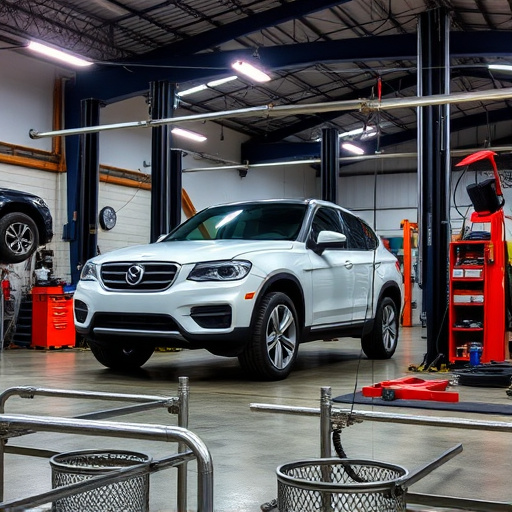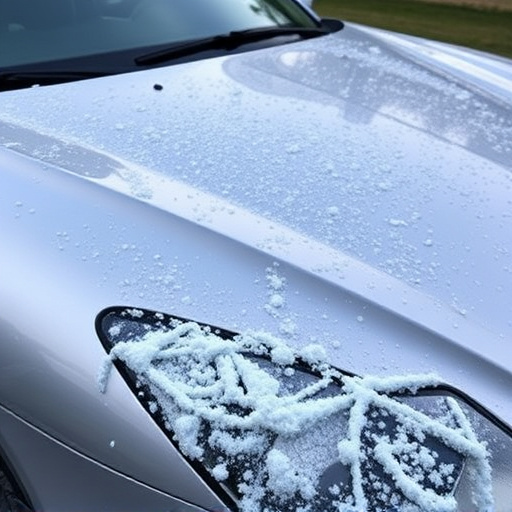Post-collision, understanding local regulations for windshield replacement is vital for safe, quality repairs. Drivers should know when a repair or replacement is needed, as minor cracks can be fixed while extensive damage requires a complete replacement. Regulations protect consumers by mandating written estimates, OEM parts, and crack repair over immediate replacements. Choosing a reputable auto glass shop ensures certified technicians detect hidden issues, maintaining structural integrity and driving safety.
“In the realm of automotive maintenance, understanding local laws regarding windshield replacement is paramount for drivers. This article serves as a comprehensive guide, delving into the intricacies of windshield replacement regulations. From consumer rights and protections to ensuring safe and quality repairs, we explore key aspects. By adhering to these guidelines, drivers can navigate the process with confidence, securing prompt and reliable windshield replacements that prioritize safety and satisfaction.”
- Understanding Windshield Replacement Regulations
- Consumer Rights and Protections
- Ensuring Safe and Quality Repairs
Understanding Windshield Replacement Regulations

Understanding Windshield Replacement Regulations is a crucial step for drivers looking to navigate the legal aspects of car repairs after a vehicle collision. Each jurisdiction has its own set of guidelines and standards, ensuring safety and quality in windshield replacement processes. These regulations cover various elements, from the type of materials allowed to the certification of technicians conducting the repairs. Adhering to these rules is not only a legal requirement but also guarantees that your car’s structure and safety features are restored to optimal condition.
When considering a windshield replacement, drivers should familiarize themselves with local laws. This includes understanding when a simple repair is sufficient versus when a complete replacement is mandated. For instance, after a minor crack or chip, a repair might be all that’s needed, saving time and cost. However, in cases of significant damage that compromises the structural integrity of the windshield or involves extensive car body repairs, including paint restoration (car paint repair), a complete replacement becomes necessary and is often enforced by law.
Consumer Rights and Protections

When it comes to windshield replacement, consumers have rights and protections that are designed to ensure they receive quality service and parts. These regulations vary by region, but generally, auto repair shops are required to provide written estimates, clearly explain the cost of repairs, and use original equipment manufacturer (OEM) or approved alternative parts for windshields and other critical components like fender repairs. This is crucial as it ensures that vehicle paint repair is done accurately, maintaining the vehicle’s aesthetic and protective qualities.
Moreover, many areas mandate that shops fix cracks and chips in windshields rather than replacing them outright, unless the damage is extensive. This not only saves consumers money but also promotes environmental sustainability by reducing waste from unnecessary replacements. Consumers should always ask about these policies and understand their rights before agreeing to any windshield replacement services.
Ensuring Safe and Quality Repairs

When it comes to windshield replacement, ensuring safe and quality repairs is paramount for drivers. It’s crucial to choose a reputable auto glass shop that adheres to industry standards and uses high-quality materials. This not only guarantees the structural integrity of your vehicle but also enhances safety during driving. Reputable shops employ certified technicians who are trained in the latest installation techniques and can handle various types of windshield damage, from small chips to complete replacements.
Furthermore, proper repairs extend beyond just installing a new windshield. It involves comprehensive assessments to identify potential hidden damages that could compromise the vehicle’s overall structural integrity. In the event of a fender bender or other minor accidents, tire services and automotive restoration might be required alongside windshield replacement to restore your vehicle to its pre-accident condition.
Windshield replacement laws are designed to protect consumers and ensure safe, high-quality repairs. By understanding these regulations, drivers can make informed decisions and exercise their rights when it comes to windshield replacements. Remember, a well-regulated process benefits everyone on the road, ensuring clear vision and vehicle safety for all.
